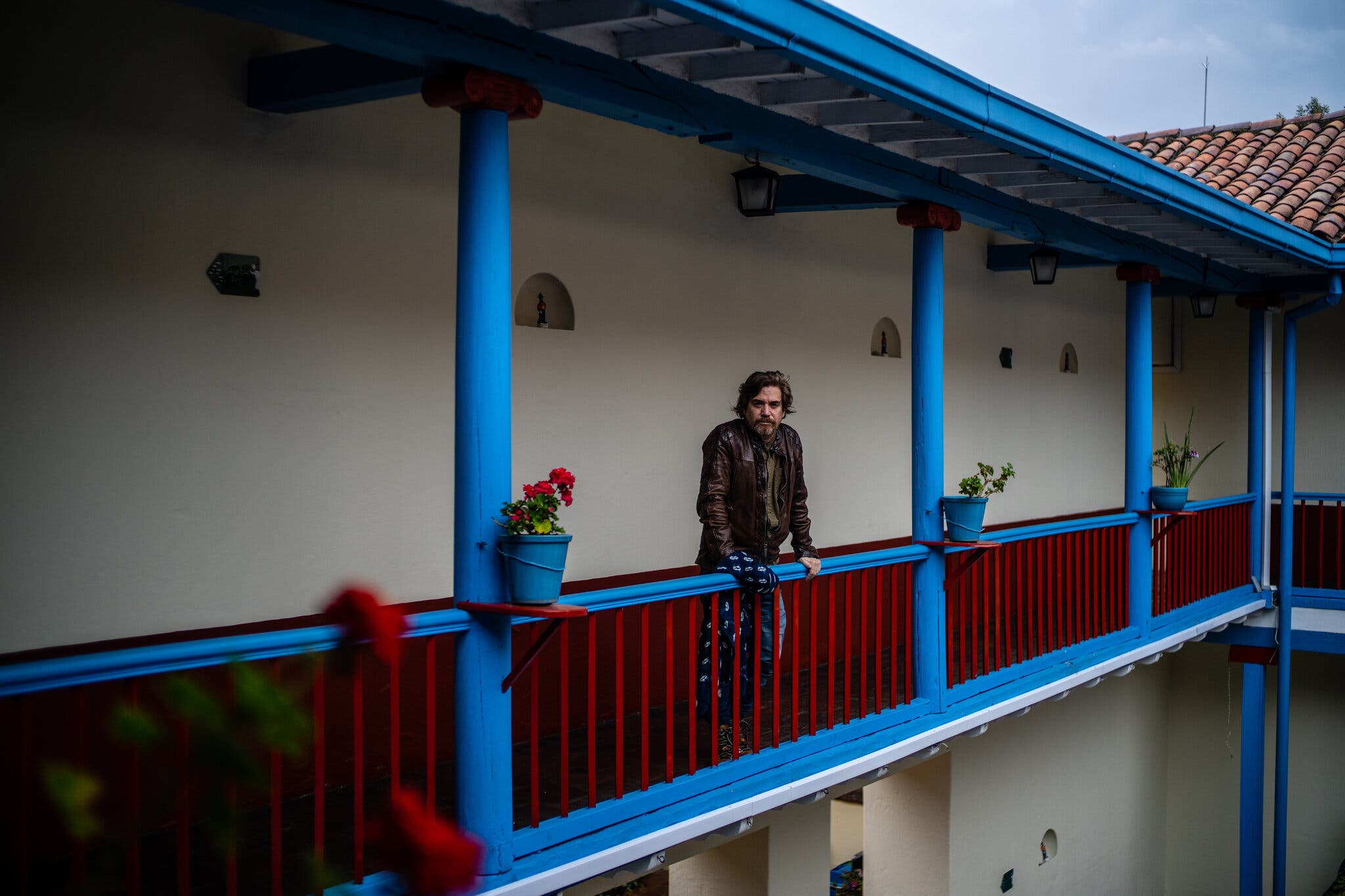Launched for the first time in Colombia’s capital, Bogota, the ‘Calm Line’ offers not only to prevent violence, but also to change the ‘machismo culture’ that many experts have cited as one of the main causes of violence.
Julie Turkewitz / New York Times
The calls are often urgent and pleading.
I’ve hit my wife. I’ve lost my temper. I’m jealous and don’t know what to do.
Callers are young and old, wealthy and poor. But they all have one thing in common: They’re men.
The new hotline they are calling is aimed at fighting violence against women. But instead of focusing on women, it puts men at the center of the conversation, in an effort to teach them to understand their emotions and control their actions.
The shift is simple, but profound. The idea of the Calm Line, as it is called, is not just to prevent violence, but to address what many experts say is one of its root causes: machismo, the often ingrained belief that men must be dominant.
By pushing men to focus on how that often unexamined attitude is hurting their lives and the lives of those around them, the program seeks to inspire a profound cultural change, said Nicolás Montero, who leads Bogotá’s culture office, which introduced the Calm Line in early September, after a pilot that began last year.
“Imagine a headline in this society in 20 years,” Mr. Montero said. “‘Machismo has been eradicated from the national geography.’”
The creation of the line comes as women in Latin America increasingly demand that society cast off norms that have limited them at home or in the workplace, even as they make strides in higher education, business and politics.
In recent years, women from Mexico to Argentina have poured into the streets in mass protests to push for the legalization of abortion and call for an end to the violence they have suffered, and have become vocal participants in the #MeToo movement.
A feminist anthem, “A Rapist in Your Path,” written by a Chilean feminist collective, placed the responsibility for violence squarely on the shoulders of men, touching a nerve with women who performed it together in public spaces across the region, and then the world.
“The fault was not mine, or where I was, or how I dressed,” tens of thousands of women chanted in plazas and public streets beginning in 2019. “The rapist is you.”
It is in that context that a growing number of organizations, activists and policymakers in Latin America are pressing for programs that make men a central part of the conversation, even amid skepticism that men will participate.
You can read the full article here.


